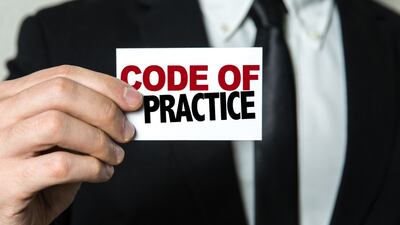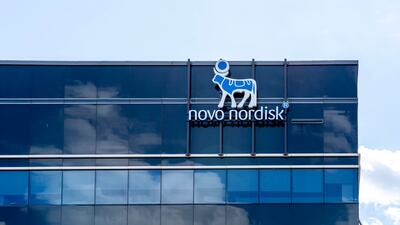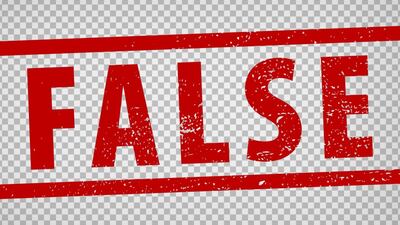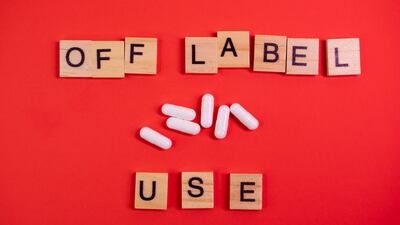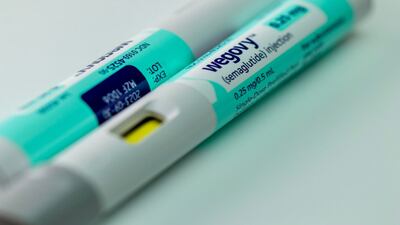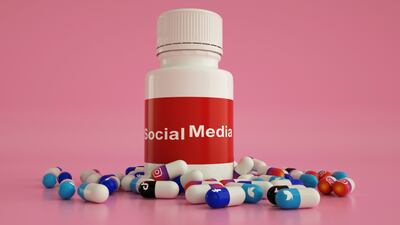Marketing & Advertising
Developments in India and Pakistan are designed to standardize how drug companies disclose their expenses associated with health care professionals.
AbbVie’s migraine ad overstates the drug’s benefit, a problem that is amplified by using a celebrity, the agency says.
The lung cancer drug Krazati from Bristol Myers Squibb’s Mirati Therapeutics drew an FDA ad/promo untitled letter, highlighting the agency's trend of pursuing false or misleading efficacy claims, particularly when data comes from outside approved labeling.
The UK and EU pharma industry associations have defended their respective codes of practice despite alarming study results. Meanwhile, a consultation on proposals to revise the UK code received over 3,500 comments.
HPV vaccine shipments to China are expected to fall after a government crackdown on bribery and corruption caused scientific communication with health care providers to decline. Gardasil also may be hurt by budgetary pressures on distribution of the government-reimbursed vaccine.
An instagram post by Brittany Mahomes, wife of Kansas City Chiefs quarterback Patrick Mahomes, failed to contain any risk information for the epinephrine injector, the FDA’s Office of Prescription Drug Promotion said in an untitled letter.
Many platform designation requests have been from sponsors eager to cite other sponsors’ products, but CBER Director Peter Marks said in an interview with the Pink Sheet his office likely is years away from accepting those applications.
The US FDA’s new draft guidance notes its own efforts to combat misinformation and offers some creative examples to illustrate its advice, but avoids any potentially “controversial” contemporary situations.
A Trump-aligned think tank doesn’t have too much to say about the US FDA – which is probably a good thing for the agency. But it does reinforce the reality that abortion politics will continue to impact the agency – and that ties to industry may be a bipartisan area of concern.
Already suspended from the UK industry association, the company has been publicly reprimanded for not revealing £7.8m in payments over three years.
The FDA creates a new advertising and promotion regulation safe harbor for companies who narrowly respond online to internet-based misinformation about their drugs.
Reading Hikma’s press releases and other public documents made it “at least plausible” that a physician would look to prescribe Hikma’s generic Vascepa product for any of its indications, including the highly-valued, patent-protected cardiovascular indication, the US Federal Circuit decided, reopening a lawsuit against the generics firm.
In a 5-4 decision, the high court says a Chapter 11 bankruptcy plan provision releasing the Sackler family from future liability is not allowed, a decision that could spur a bolus of personal injury trials if another reorganization plan settling thousands of claims cannot be reached.
Recent Office of Prescription Drug Promotion enforcement letters provide several learnings, including the need to be aware of a product’s regulatory history and competitive landscape when developing promotions that are consistent with FDA-labeling, experts said.
Updated draft guidance on promotion of biologic reference products, biosimilars and interchangeable biosimilars offers another indication of the US’s push to do away with the interchangeability designation.
National Advertising Division’s voluntary, self-regulatory process is increasingly being used to vet competitor complaints over prescription drug ads. The group now has a reporting channel to Meta, which will take down disputed claims from social media sites, and is working to demonstrate the value of self-regulation to the FDA, NAD VP Brett says.
Revised draft guidance about scientific information on unapproved uses (SIUU) of medical products is “impermissibly paternalistic and overly restrictive of scientific speech,” MIWG says.
Donanemab’s review delay will create more distance from Lilly’s direct-to-consumer advertising spotlighting its commitment to Alzheimer’s research. The company has also been supporting development of blood-based tools for early diagnoses, though they would not eliminate PET scans.
A complex transformation is underway as client proposes to acquire CDMO facilities that vaccinated the world against the COVID-19 pandemic for pivot to the obesity epidemic.
Senators ask the agency to address the “regulatory loophole” permitting telehealth companies to promote prescription drugs without disclosing side effects and question if FDA has enforcement authority over third-party social media influencer promotions.




